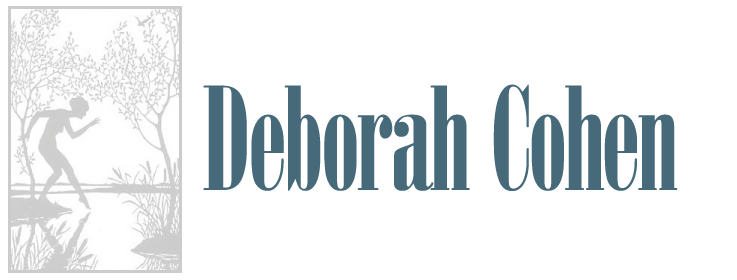Review in BBC History Magazine
BBC History Magazine
Joanna Bourke
A “riveting book that is both a history of aspect of British culture that are swept under the carpet and a meditation on the relationship between secrecy and privacy.”
Ancestor-hunting has never been such a big business. And what families are pursuing are secrets. One in six Britons who have researched their families have uncovered something that previous generations attempted to hide. There is something shamefully exhilarating to discover that an ancestor attempted to conceal an illegitimate birth or a discreet adoption, that they were privately homosexual, that they dumped their mentally disabled children in institutions, or they washed their dirty linen in a divorce court.
Cohen tackles these topics head-on in a riveting book that is both a history of aspects of British culture that are swept under the carpet and a meditation on the relationship between secrecy and privacy. It turns out that the distinction between secrecy and privacy has not been as stable as might be imagined.
Although in today’s confessional culture, secrets are seen as damaging, while privacy is a right, Cohen argues that in Victorian Britain the two were not necessarily separate issues. As William Makepeace Thackeray insisted: “Every house has its skeletons.”
These skeletons were the cause of great heartache. The most poignant tales are those involving children. ‘Imbecile’ and disabled children seemed to have been worse off in the early 20th century when compared with earlier decades. In Victorian Britain, these children were regarded as unfortunate by their families, but they were not necessarily hidden away from friends and neighbours. People believed that Christian duty to act sympathetically towards all God’s children. From the early 20th century, however, such children began to be feared more than pitied, and they were hustled off into institutions at earlier and earlier ages. There affliction was increasingly likely to be seen as a stain on the entire family, and not just the unfortunate child, and the marriage prospects of future generations could depend on denying their existence.
Cohen also has interesting things to say about ‘bachelor uncles’ or ‘queans’, who represented the “open secret par excellence.” As in all her chapters, she tells stories about secrecy, privacy, repression and expression through a series of vignettes: of John Alcock’s mother, who advised him to stop being “silly” and go and live with his male lover; Alan Wakeman’s father, who burst into his bedroom and beat him up when he heard that Alan was a homosexual and then never spoke about it again; and John Wolfenden (the chairman of the 1954 Home Office committee on homosexuality), who informed his gay son that it would be best if they were “to stay out of each other’s way for the time being”. And, he added, please wear less makeup.
Cohen doesn’t shy away from the bigger questions. Although this is a history of secrets, it is also fundamentally a history of changing social mores – and not always for the better. As such, the book both informs and entertains while leaving the readers wanting more.
